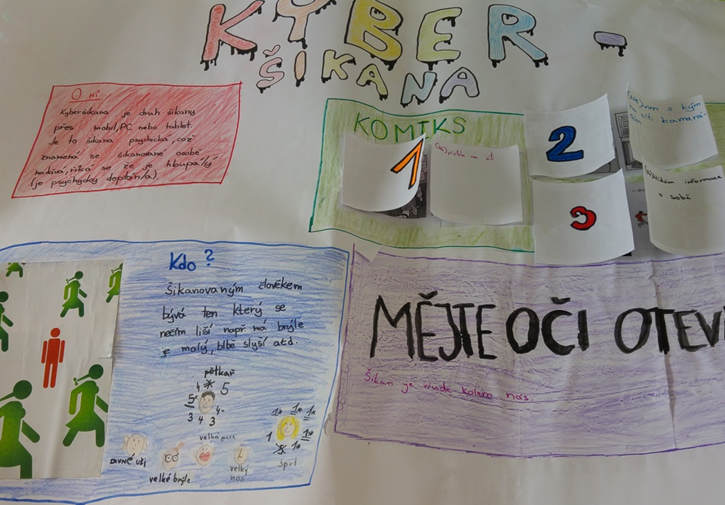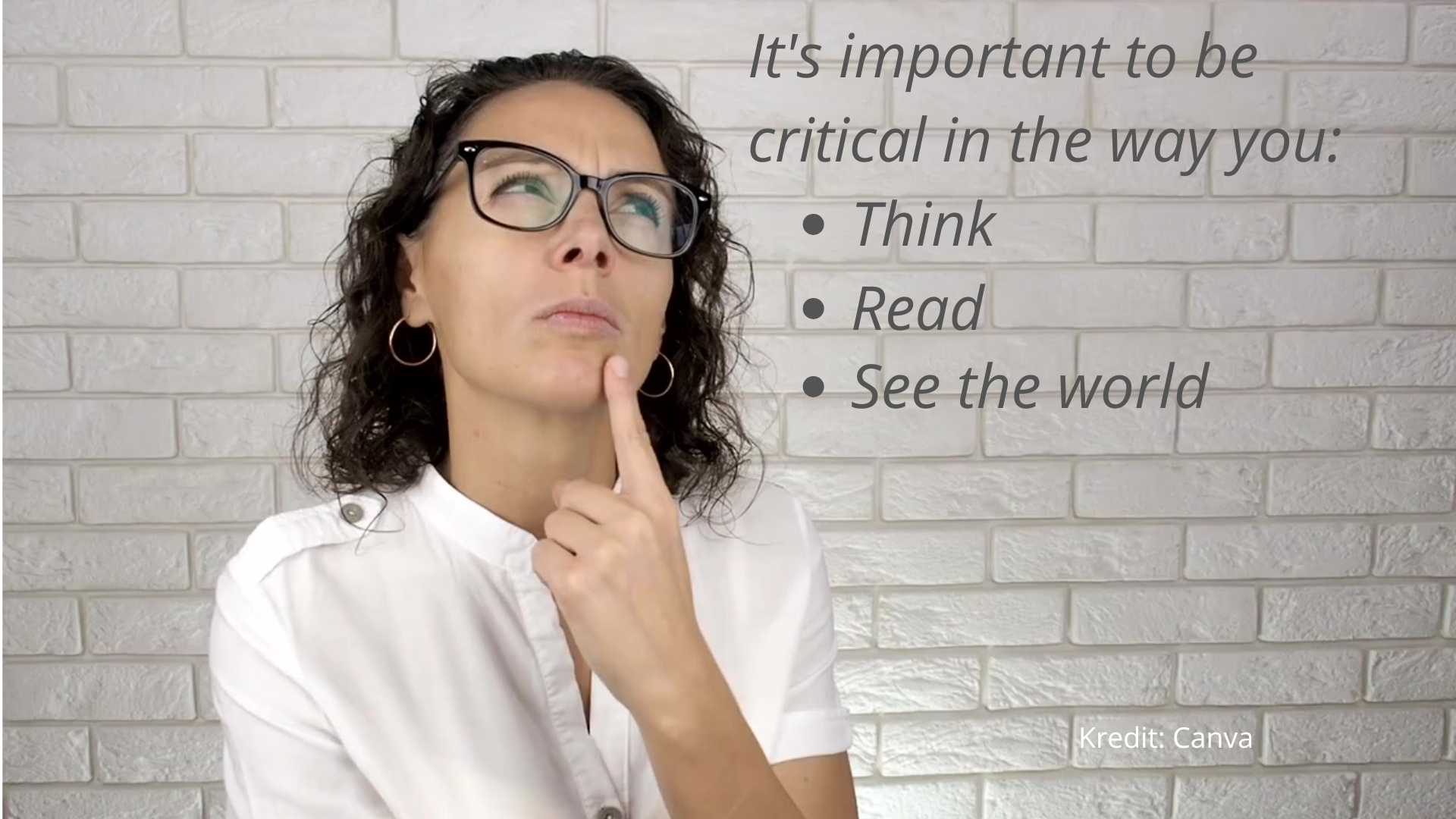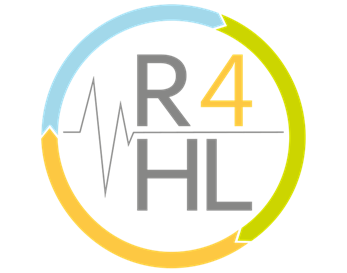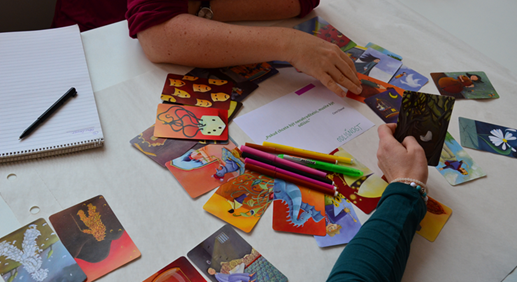OUR ACTIVITIES

Safe Online
We understand how important it is to protect children in the online world. That's why we've created a 4-day cyberbullying prevention and internet safety programme specifically designed for pupils aged 10-13. At this age, children are beginning to actively explore the world of the internet and social media. However, they often encounter risks they are not fully aware of.

Critical Media Literacy for Educators and Youth Workers
In today's world, where children and young people are constantly exposed to the influence of media and the online world, it is essential that you, as educators and youth workers, are equipped with the skills for safe and responsible use of digital technologies. We offer a critical media literacy course that will help you develop critical thinking and guide your students towards responsible online behaviour.

Empowering Teens Online
We live in an age where social media plays a pivotal role in the lives of young people. It is therefore crucial that they can navigate this environment and not be manipulated. That's why we have created a critical media literacy course designed for students aged 14-15/16-18.

Routine for Healthy Life
The aim of the project is to help people to face an unexpected crisis and to learn how to deal with it in order to preserve our psycho-physical well-being and balance.

Learning Through Experience and Emotion
GLAFKA is actively involved in informal education activities that focus on strengthening critical thinking and developing emotional intelligence.
We believe in the power of storytelling to enhance learning and promote personal growth. Through authentic personal accounts – what we call "living books" – we aim to foster critical thinking and encourage a positive attitude towards inclusivity and social responsibility.

Hashtag #
The Hashtag # simulation game was created by international team of trainers and training methods’ specialists.
The simulation game is part of the comprehensive document “Guidelines on the Simulation game as a tool in working with young people” providing useful information how to proceed and implement the simulation game as well how to work with youths. The main aim is to help young people develop and strengthen their decision-making skills on both personal and group level as well to improve critical thinking with aim to prevent any radicalization among young people. Our goal was to present these topics in youth-friendly and playful way without using any stereotypes.